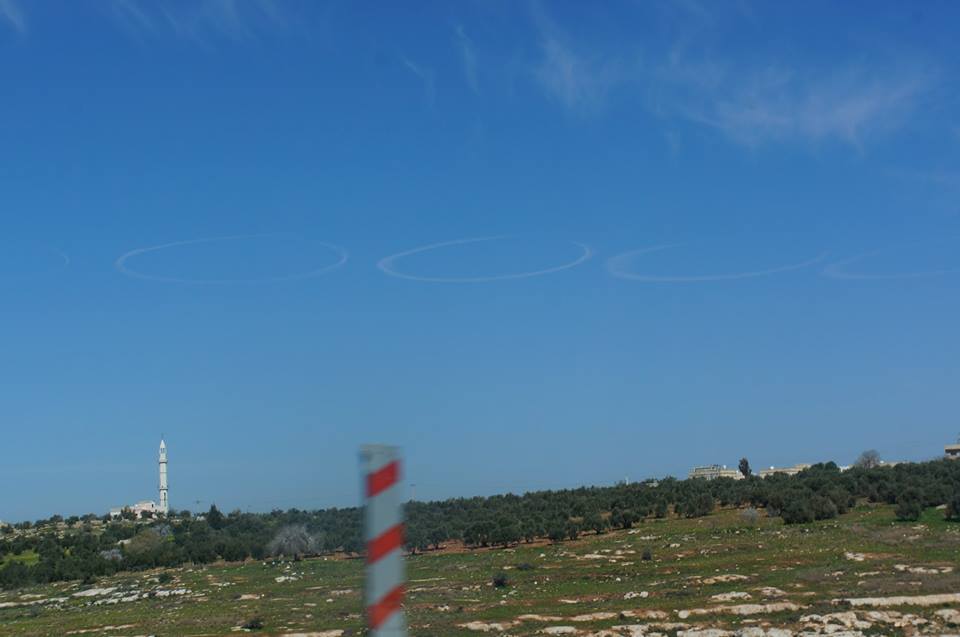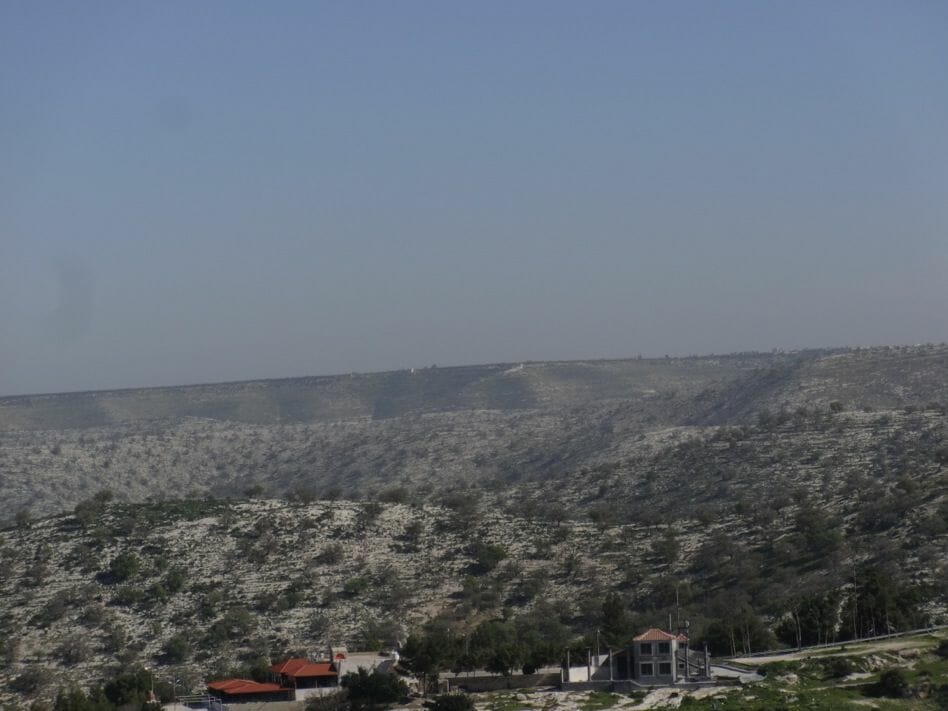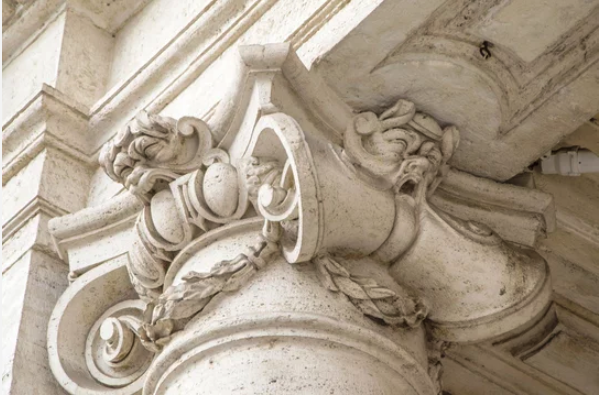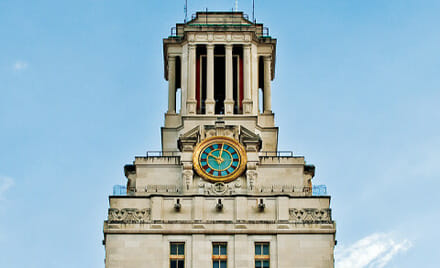Jordan responds to ISIS: An on-the-ground Clements Undergraduate Fellow’s report
Jake Barnett | Feb 12, 2015
On our first day of class the director of the Jordan Institute of Diplomacy, a former high-ranking diplomat himself, told us a joke: A couple years ago Obama wanted to speak to the Arab world but he was not sure which Arabs to visit: The Egyptians, the Lebanese, the Iraqis, the Syrians, the Libyans, etc. “That’s fine,” King Abdullah II told him, “they all live in Amman.” Indeed Jordan is a nation of refugees from all over the Middle East, due in large part to its being located at the heart of the Arab world between Israel, Palestine, Syria, Iraq, Saudi Arabia and the Sinai, and as such the country is inherently shaped by the volatile events of its neighbors. Obama’s visit in 2013 showed America’s understanding of the increasing strategic importance of the Hashemite Kingdom and within only a few weeks of beginning my study abroad program here I am beginning to see how this small country is at the forefront of a historical moment in the Middle East.
As many of you are no doubt aware, Jordan has become the focus of much international media attention this past week as the result of the brutal murder of pilot Moaz Kasasbah at the hands of Daesh (ISIS). Just four days ago I was sitting at home watching Bollywood soap operas with my host family when, after checking her phone, my host mother’s friend grabbed the remote and without a word turned on Al-Jazeera. I instantly had an uneasy feeling but my fears were confirmed before I even read the word “Kasasbah” on the screen when sobs broke out in the room. I felt true anger in the house and heard what I’m almost certain were Arabic curse words for the first time since living with my family. The killing of Kasasbah has caused outrage and grief in this country to an extent that may be hard for many to imagine. Indeed the entire atmosphere in Amman this past week has been one of indignation, solemn commemoration and ultimately unity.
Life of course continues as usual in Amman but there has been a noticeable increase in displays of patriotism since the news broke. In a country where photos of the king already adorn most shops and building edifices, I have seen significantly more flag-waving these past few days than I did in my first week here. The news stations play loops of the Jordanian military in training in addition to speeches by various Imams honoring the martyrdom of Lt. Moaz and condemning the medieval barbarism of Daesh. I hear the music of Omar Abdallat, a pop star who frequently sings about the military and the monarchy, coming from car radios on the street. F-16s have been performing low-level flyovers on their return from Syria for several days now. Numerous demonstrations occurred this week, all of them peaceful and in honor of the slain pilot. The largest demonstration on Friday involved thousands of Jordanians and was graced by the presence of the Queen; walking through downtown that night I could see hundreds of posters of Moaz and banners expressing solidarity.
The Jordanians I have met have not been quiet on the subject of Daesh. Jordan is 95% Muslim and everyone seems to be terribly distraught and angered at the actions of the radical minority in the name of their religion. “Daesh is not Islam,”: every day I hear this again and again from different Jordanians, be they taxi drivers, restaurant owners, or adolescents in a pickup soccer game. “I cannot believe that a single one of them has ever read the Qur’an,” my friend said of the terrorists. “Many Americans have stereotypes about Muslims,” a cab driver told me the other day. “Why? We are not so different—our peoples—we even eat at the same restaurants!” and he laughed as he pointed to the Popeyes we were passing. I have heard some Western pundits argue that Muslims must be more vocal in their condemnation of terrorism: I suggest these pundits come to Jordan. “Daesh has destroyed the Kaba’a,” a baker told me the other day, his metaphor referring to the most sacred location in Islam. “They must be wiped out.”
With emotions running high throughout the country and a new wave of air strikes, there has been an increase in the already high level of security in Amman in anticipation of possible retaliatory terrorist attacks. Amman is safer than many cities in the US and has not suffered a terrorist attack since the hotel bombings in 2005 which killed 60. The security forces, especially the Mukhabarat (secret service), have a well-earned reputation of dealing with potential threats very efficiently and quietly. I see a good number of well-armed police on the streets. Soldiers are more present than in most Western countries, especially around government buildings, and all of the malls and big hotels have metal detectors and vehicle inspections. Military presence seems to increase outside of the city, especially closer to the border and refugee camps. Yet despite the gravity of Moaz’s death and the unspeakable violence taking place just hours from Amman, one certainly does not get the feeling that Jordan is in a state of emergency.
This past weekend I traveled with some other students from my program up north to Gadara, an ancient town situated a couple kilometers from the Golan Heights. Standing next to the ruins of an ancient road, I could understand why the Ptolemaic Greeks had chosen this hill for a settlement: its steep north banks make it easily defensible and provide a clear view of the surrounding valleys. Today the view is equally impressive (image 2): to the far left you have Israel proper and the Sea of Tiberias; then the Golan Heights, with visible IDF presence around a small farming settlement; right of center and further in the distance stand the snow-capped peaks of Jabal as-Sheikh in Lebanon; and to the far right a plateau housing Syrian border outposts. Upon leaving the ruins we saw a line of five large circles in the sky coming from the Syrian side of the border (image 3). I am not a ballistics expert but having done a bit of research it would seem that this celestial effect was caused by the local firing of either a counter battery or tactical ballistic missiles. The fact that this area of Syria (image 4) is contested complicates matters as well: most Western sources I have seen have rebels in control of the Golan border crossings but several Jordanian acquaintances of mine with connections to the defense ministry have claimed that Assad controls this territory. While the fog of war may cloud my understanding of what I see in the skies over Syria, the situation in the Hashemite Kingdom is very clear: despite the surrounding chaos and the cruelty of its enemies, the country stands strongly united, the people are eager to bring the fight to Daesh, and the state is prepared to take a leading role in this conflict.







